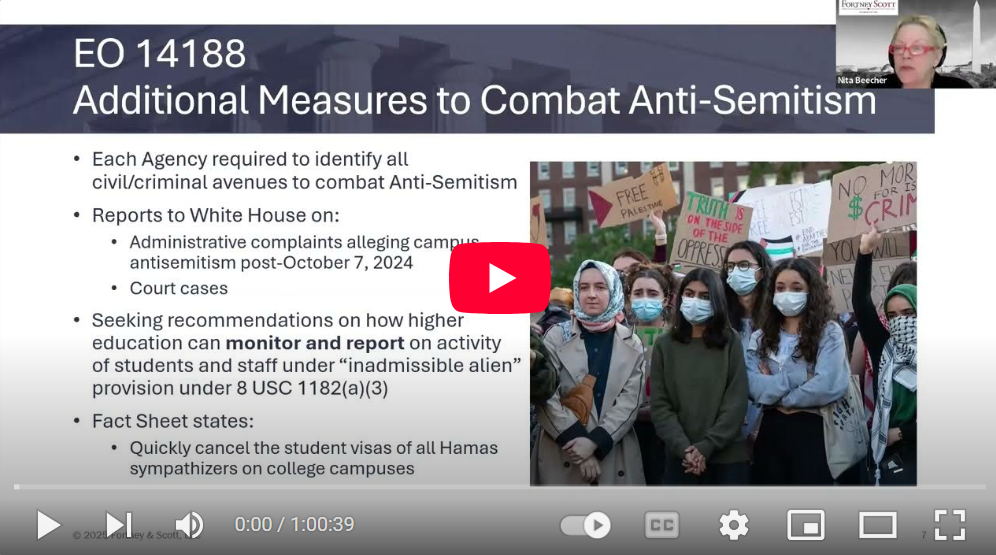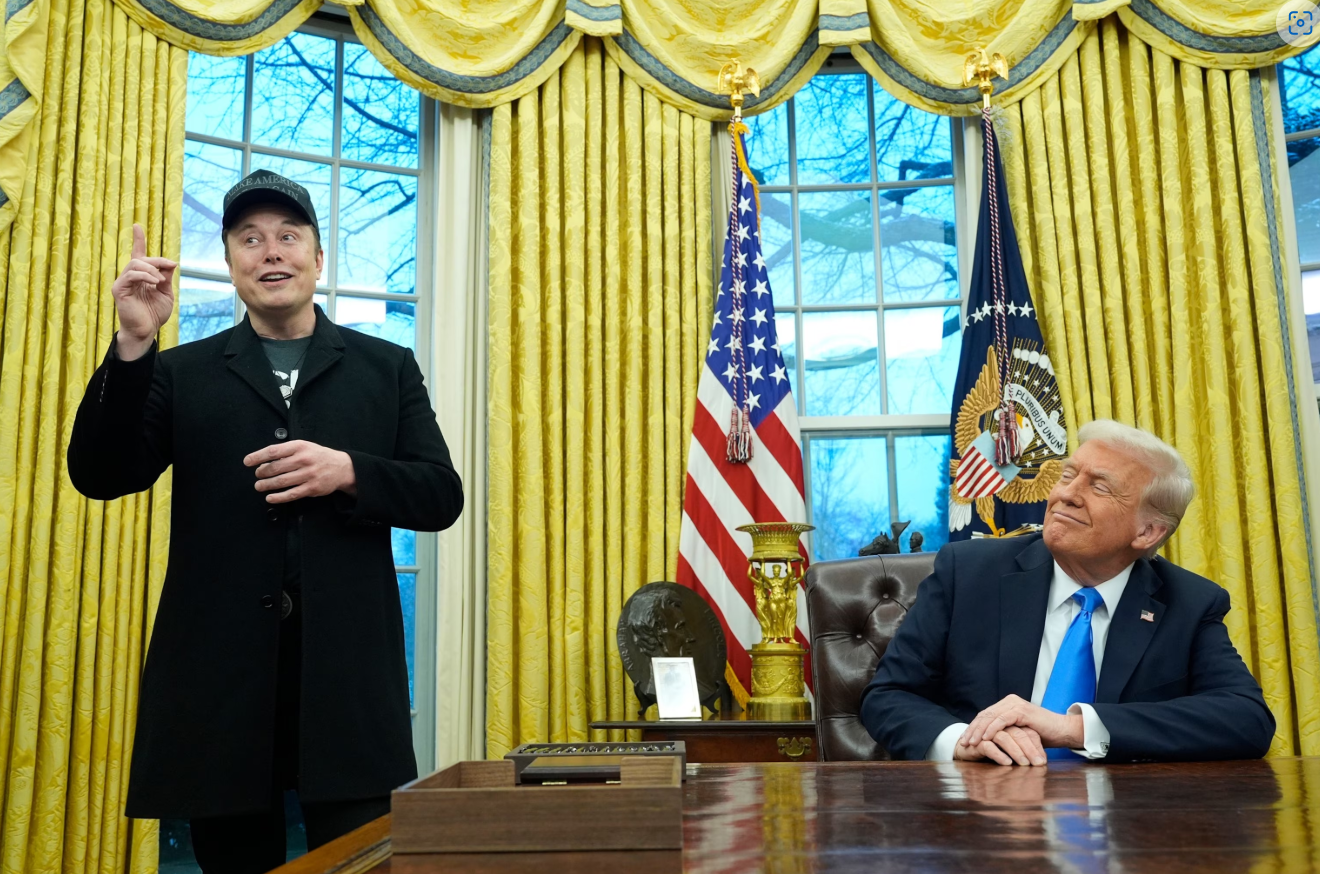Federal District Court Reinstates EEO-1 Pay Data Report
On Monday, February 4, 2019, the Federal District Court for the District of Columbia ordered that the EEOC’s EEO-1 pay data collection report be immediately reinstated.
The court ordered the Office of Management and Budget (OMB) to immediately lift its stay on the EEOC’s pay data collection report (known as Component 2), saying the decision to implement the stay was “arbitrary and capricious.” The effect of this ruling is to permit the EEOC to begin collecting pay data at once. It remains to be seen if this order is immediately carried out.
In a decision focused on the nuances of administrative law, Judge Tanya S. Chutkan sternly rejected OMB’s arguments that it was authorized to issue its stay on the grounds that changes in EEOC’s formatting requirement for the new pay report were burdensome on employers. Granting summary judgment for the plaintiffs, National Women’s Law Center and the Labor Council for Latin American Advancement, the court said that while there may be times when formatting changes could be considered burdensome, this situation was not it.
The ruling also rejected (1) OMB’s challenge to the plaintiffs’ standing to sue because they could not show the stay caused them any harm and (2) that the OMB’s decision to stay implementation was not reviewable because it was not a “final agency action.” The court found that the decision to stay the data collection was itself a harm and that it was reviewable.
The court concluded that because OMB’s action in staying EEOC’s collection of pay data “was arbitrary and capricious” and “totally lacked the reasoned explanation that the [Administrative Procedures Act] requires,” an immediate reinstatement was ordered.
Takeaways for employers:
Although the court ordered the immediate implementation of EEOC’s Component 2 pay data collection, it is all but certain that OMB will appeal the decision and seek a stay of the court’s order pending resolution of the case. In addition, once it has a quorum of Republican Commissioners, expect the EEOC to revise or eliminate the requirement to collect pay data. Janet Dhillon has been nominated as Chair and would be the second Republican on the EEOC; however, it is uncertain as to when the Senate will confirm her. Until she is confirmed, the EEOC does not have a quorum and cannot act. This ruling may create an incentive for the Senate to act on her nomination promptly.
FortneyScott will keep you informed on how this issue will impact you.
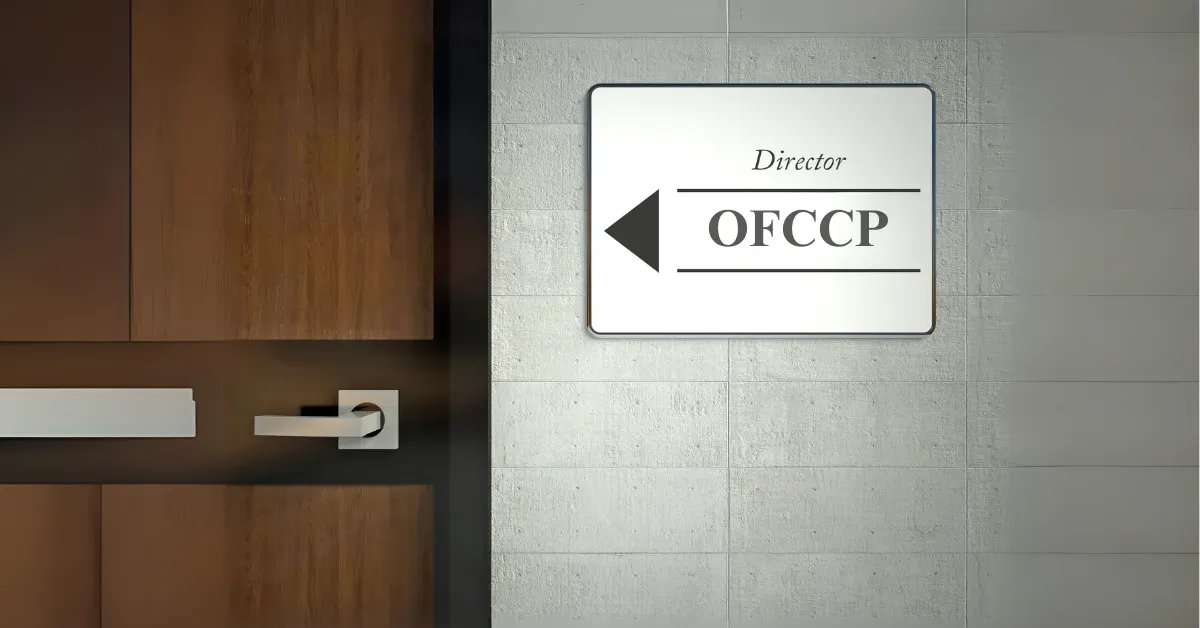
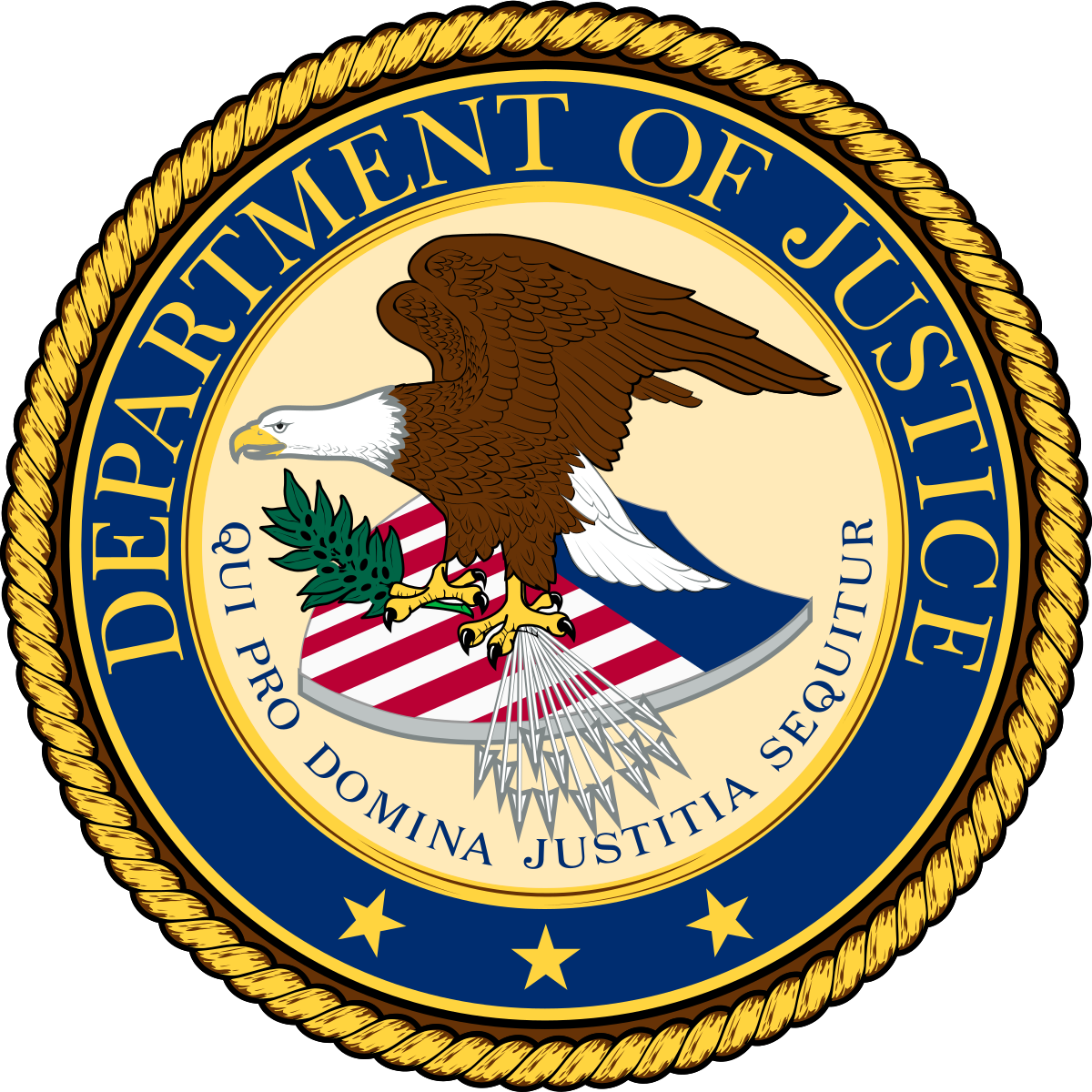

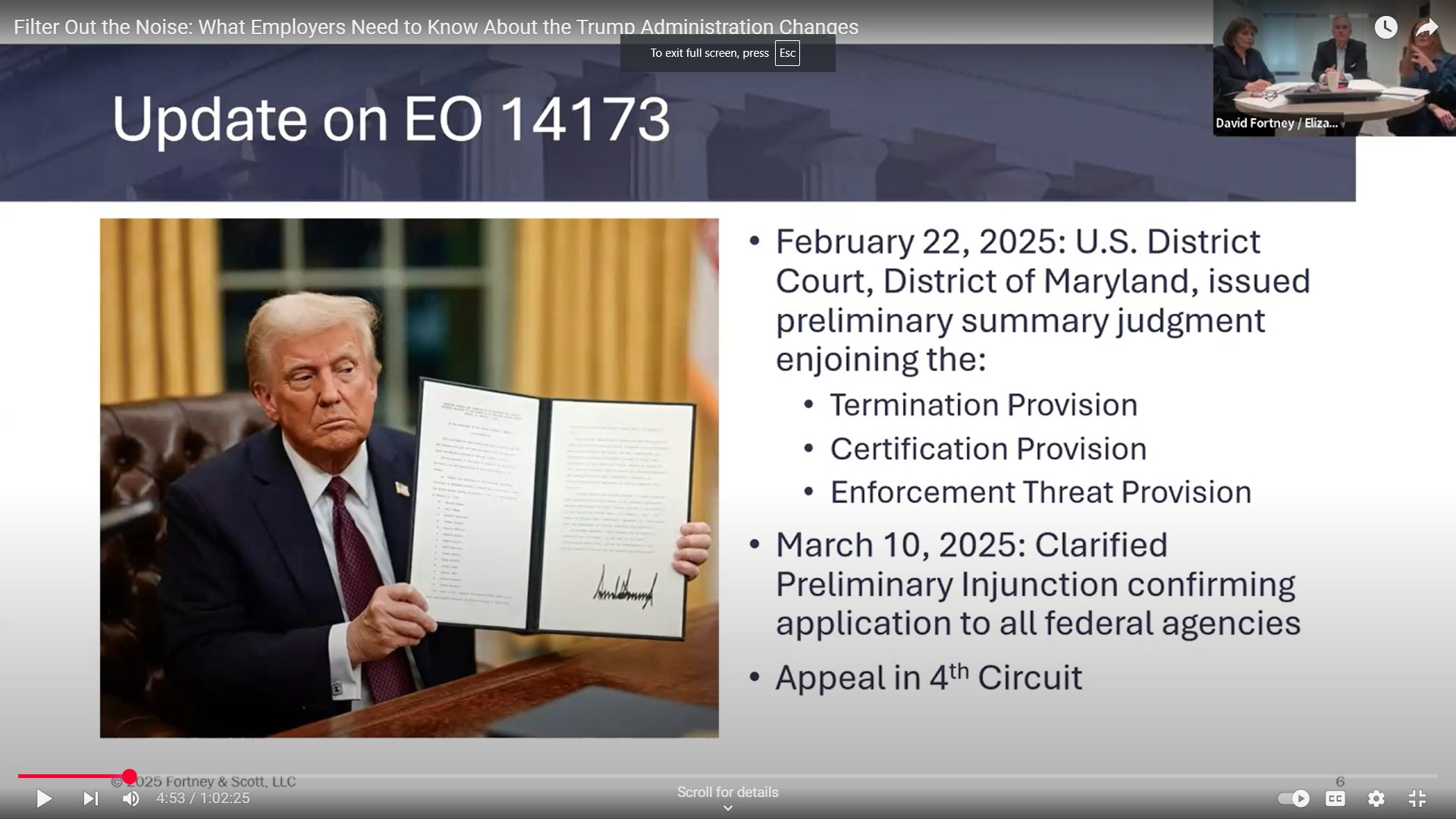




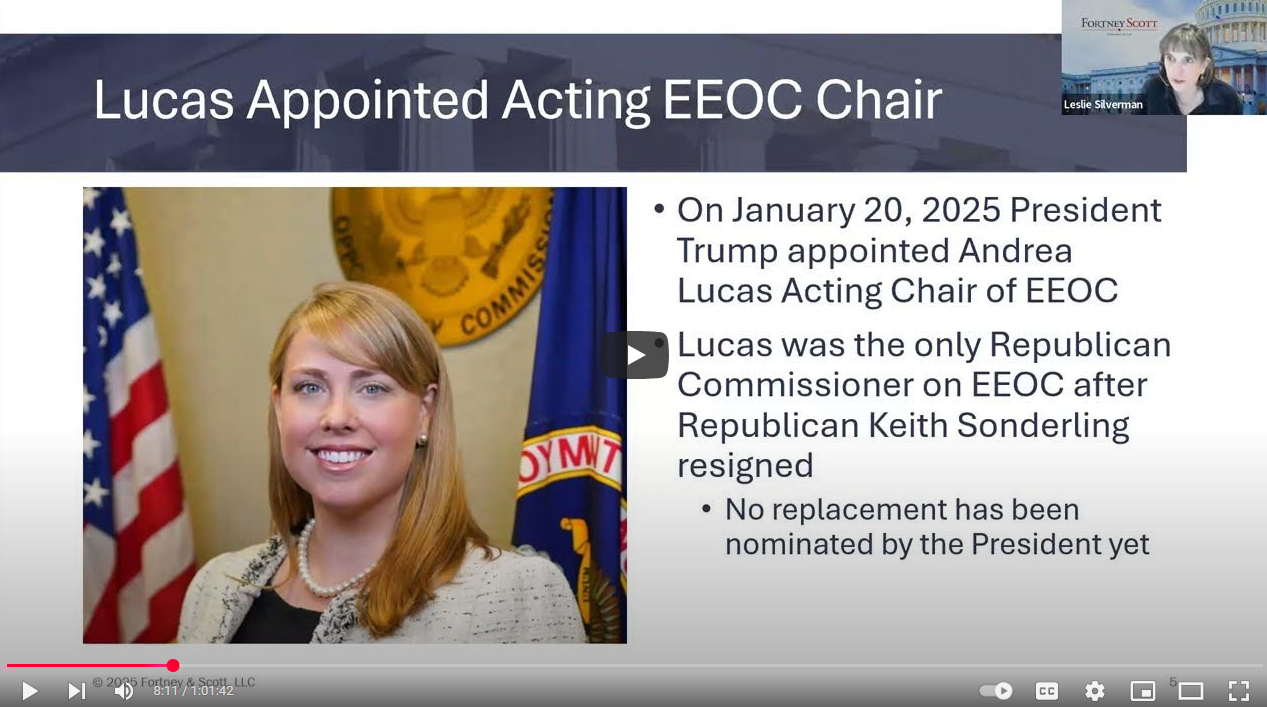

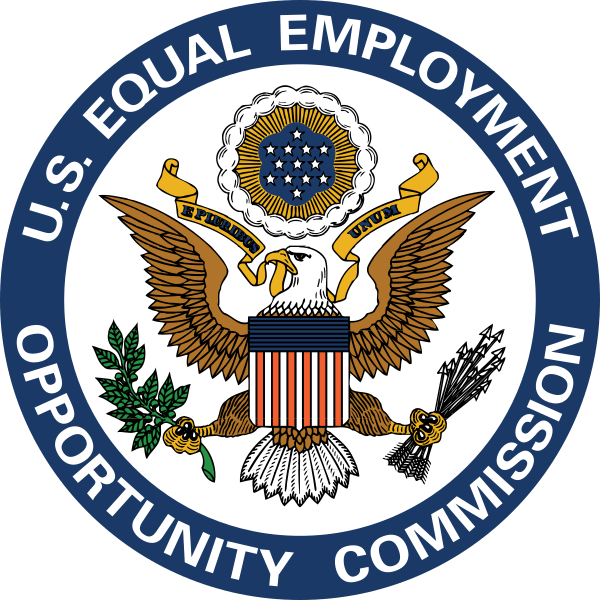
All Rights Reserved | Powered by AutomationLinks | Terms & Conditions | Privacy Policy


